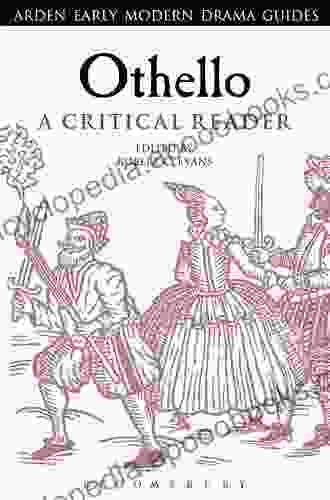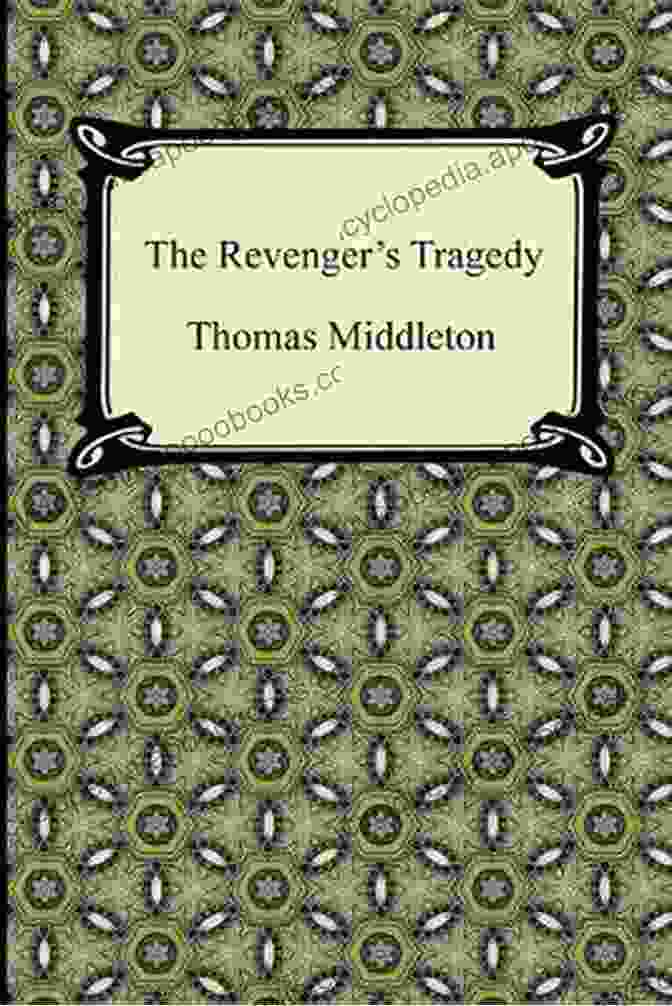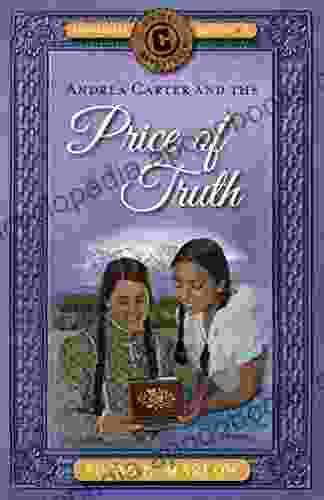Complex Characters and Their Motivations
At the heart of "The Revenger's Tragedy" lies a cast of unforgettable characters, each driven by their own complex motivations.
- Vindice: The central protagonist, consumed by a burning desire for revenge after the murder of his beloved Gloriana.
- Lussurioso: The lecherous and corrupt Duke, who orchestrated Gloriana's demise.
- Hippolito: Vindice's brother, a virtuous man caught in a web of deception and manipulation.
- Castiza: Hippolito's wife, a strong and independent woman who defies societal norms.
- Antonio: The ambitious and ruthless son of Lussurioso, seeking to secure his own power.
Tourneur skillfully explores the inner workings of these characters, revealing their intricate relationships and the psychological torment that drives their actions.
Enduring Themes of Justice, Revenge, and Morality
"The Revenger's Tragedy" grapples with profound themes that resonate across time.
- Justice and Revenge: The play questions the nature of justice and the consequences of seeking vengeance.
- Morality and Corruption: Tourneur exposes the moral decay and corruption that permeate the court and society.
- Power and Powerlessness: The characters struggle for power and control in a world where corruption and injustice prevail.
Through these themes, Tourneur invites readers to reflect on the complexities of human behavior and the eternal questions of morality and justice.
Unveiling the Power of Symbols and Imagery
Tourneur employs a wealth of symbols and imagery to enhance the play's emotional impact and convey deeper meanings.
- The Skull: A recurring symbol of death, morality, and the transience of life.
- Darkness and Light: The play's setting in a world of shadows and corruption contrasts with moments of illumination and hope.
- Nature and the Human Condition: Tourneur draws parallels between the harshness of nature and the savage behavior of his characters.
These symbols and images add layers of meaning to the play, inviting readers to delve into the subconscious and explore the deeper truths behind the characters' actions.
The Eloquence of Tourneur's Language
Tourneur's mastery of language is evident in the play's rich and evocative prose.
- Blank Verse: The play is written in iambic pentameter, contributing to its dramatic and poetic rhythm.
- Figurative Language: Tourneur employs vivid metaphors, similes, and personifications to create a striking and memorable text.
- Wit and Aphorisms: The characters engage in witty banter and deliver memorable lines that encapsulate the play's themes.
Through his skillful use of language, Tourneur captivates readers and enhances the emotional and intellectual impact of the play.
Masterful Use of Dramatic Devices
Tourneur employs a range of dramatic devices to heighten the play's intensity and engage the audience.
- Irony and Foreshadowing: The play is filled with ironic moments and subtle hints that foreshadow future events.
- Asides and Soliloquies: Characters reveal their inner thoughts and emotions through asides and soliloquies, allowing the audience deeper insights.
- Tragicomic Elements: The play blends elements of tragedy and comedy, creating a unique and unsettling atmosphere.
Tourneur's skillful use of dramatic devices keeps readers on the edge of their seats and intensifies the emotional impact of the story.
In-Depth Analysis and Discussion
To fully appreciate the complexities of "The Revenger's Tragedy," it is essential to engage in in-depth analysis and discussion.
- Character Motivations: Examine the motivations and actions of the play's central characters, exploring their psychological complexities.
- Thematic Connections: Trace the play's major themes throughout the text, discussing their relevance and significance.



























































































